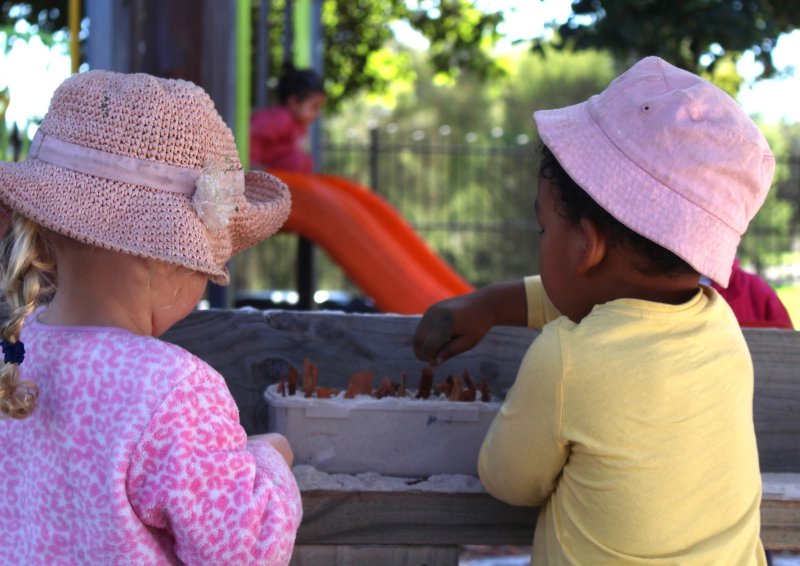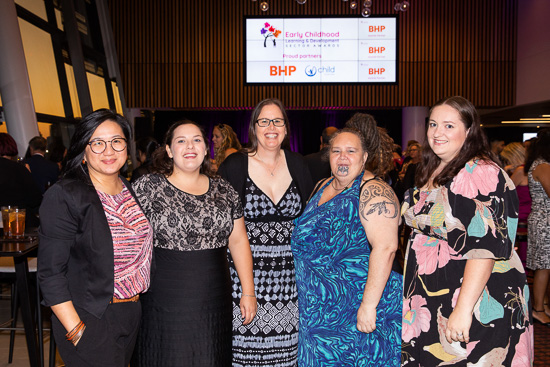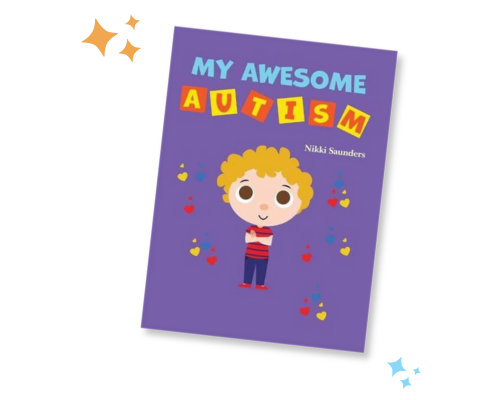Meaningful Observance of Cultural and Religious celebrations in Early Childhood Education and Care
In the diverse and inclusive landscape of Early Childhood Care and Education (ECEC), it is essential to move beyond mere tokenistic celebrations of cultural and religious events.
St. Patrick’s Day, Harmony Day and Easter provide valuable opportunities for educators to foster a sense of belonging, respect for diversity, and understanding of different cultures and traditions.
This blog post explores the importance of celebrating these occasions meaningfully, aligning with the principles of the Early Years Learning Framework (Belonging, Being & Becoming), Framework for School Aged Care (My Time our Place), and National Quality Standards (NQS).
St. Patrick’s Day: Embracing Cultural Diversity
St. Patrick’s Day, celebrated on March 17th, is a cultural and religious celebration of Irish heritage. Rather than limiting the celebration to wearing green attire and sharing shamrocks, educators can use this occasion to promote cultural awareness.
Connect St. Patrick’s Day activities to learning outcomes outlined in the Early Years Learning Framework and Framework for School Ages Care, emphasising the development of a sense of identity and a respect for diversity. Encourage children to explore Irish customs, traditions and folklore, fostering an appreciation for cultural differences.
Harmony Day: Promoting Inclusivity and Belonging
Harmony Day, observed on March 21st, is a celebration of cultural diversity, inclusiveness, respect, and a sense of belonging for everyone.
In the spirit of Harmony Day, educators can design activities that promote understanding, acceptance, and collaboration among children from different cultural backgrounds.
Linking these activities to the NQS, highlight the importance of creating an inclusive and supportive learning environment that recognises and values diversity.
Easter: Embracing Religious Diversity
Easter, a significant Christian celebration, often involves traditions such as egg hunts and crafting activities. However, it’s crucial to approach Easter with sensitivity to religious diversity.
Connect Easter activities to learning outcomes in the EYLF, emphasising the exploration of cultural and religious practices. Encourage discussions about various customs related to Easter, promoting an understanding and respect for different beliefs within the context of the NQS.
Aligning with Frameworks and Standards
Early Years Learning Framework (Belonging, Being & Becoming)
Emphasise the EYLF outcomes related to children’s sense of identity, connection to community and the world, and respect for diversity.
Ensure activities support the development of these outcomes, fostering a positive cultural and social environment.
Framework for School Aged Care (My Time Our Place)
Align Harmony Day activities with principles of promoting positive relationships, inclusion, and a sense of belonging. Encourage collaborative projects that enhance children’s social skills and respect for others.
National Quality Standards (NQS)
Emphasise the NQS principles of promoting a safe, inclusive, and respectful environment. Highlight the importance of cultural competence in meeting NQS requirements, ensuring that celebrations are meaningful, respectful, and contribute to positive learning outcomes.
Going beyond token gestures
By celebrating St. Patrick’s Day, Harmony Day and Easter meaningfully, educators contribute to the holistic development of children in the ECEC sector. These celebrations go beyond superficial gestures, fostering an environment that values diversity, promotes inclusivity, and supports the principles outlined in the curriculum frameworks, and NQS.
Through thoughtful planning and reflection, educators can create memorable experiences that resonate with children and families from various cultural and religious backgrounds.



